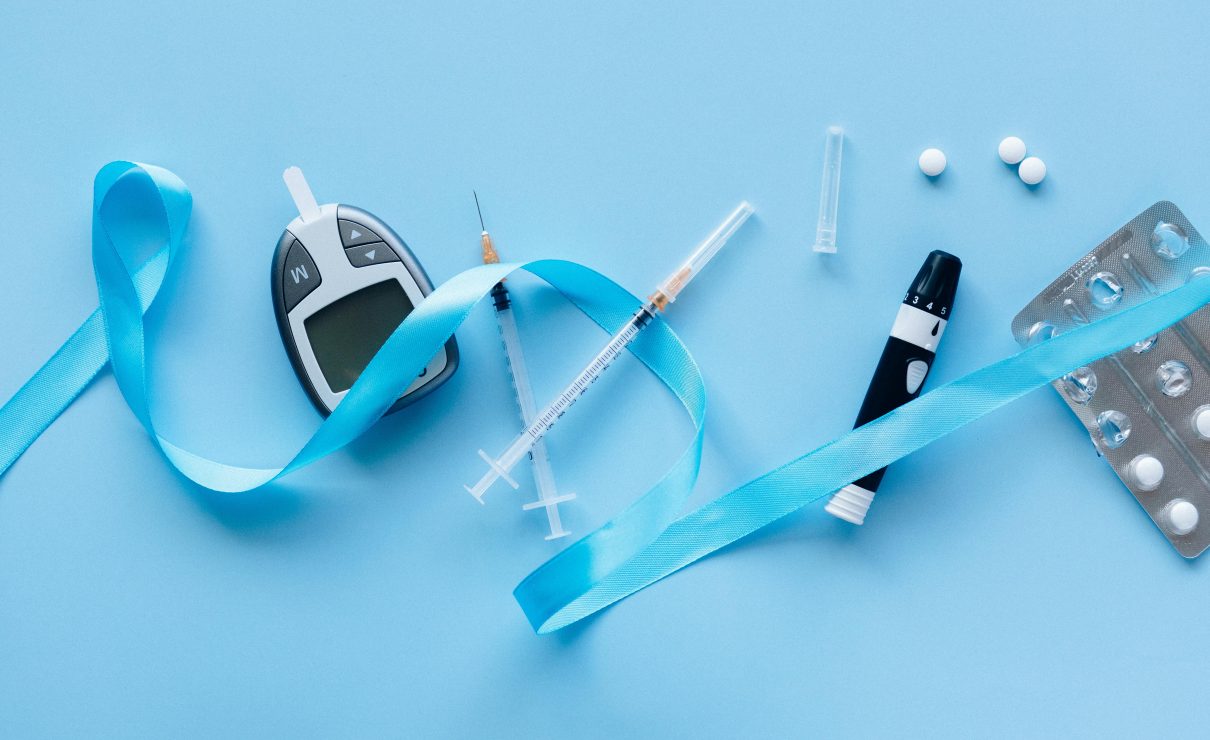- 04/07/2024
- Wellness
- 2mins read
Why Blood Pressure is Important Over 50
Maintaining healthy blood pressure levels is crucial, especially for individuals over 50, as it directly impacts cardiovascular health and overall well-being. Here’s why monitoring and managing blood pressure is essential at this stage of life:
- Heart Disease Risk
High blood pressure, also known as hypertension, significantly increases the risk of heart disease, including heart attacks and strokes. As we age, the arteries may become stiffer and narrower, making it harder for blood to flow through them. This place added strain on the heart, increasing the likelihood of cardiovascular complications.
- Stroke Prevention
Elevated blood pressure is a leading cause of strokes, which occur when blood flow to the brain is disrupted. Over 50, the risk of stroke increases, making it crucial to control blood pressure to reduce this risk. Managing blood pressure through lifestyle changes and, if necessary, medication can significantly lower the risk of stroke.
- Kidney Function
High blood pressure can damage the kidneys over time, leading to chronic kidney disease or even kidney failure. The kidneys play a vital role in filtering waste from the blood, maintaining fluid balance, and regulating blood pressure. Managing blood pressure helps preserve kidney function and overall kidney health.
- Cognitive Function
Research suggests a link between high blood pressure and cognitive decline, including conditions like dementia and Alzheimer’s disease. Lowering blood pressure through lifestyle modifications, such as regular exercise and a balanced diet rich in fruits and vegetables, may help protect cognitive function as we age.
- Overall Longevity
Maintaining optimal blood pressure levels contributes to overall longevity and quality of life. By reducing the strain on the heart and blood vessels, managing blood pressure can help individuals over 50 stay active, independent, and healthy for longer.
- Importance of Monitoring
Regular blood pressure monitoring is essential for early detection and management of hypertension. Many people with high blood pressure may not experience symptoms, making routine check-ups critical. Monitoring allows for timely intervention and adjustments to lifestyle or medication as needed.
- Lifestyle Factors
Several lifestyle factors influence blood pressure, including diet, physical activity, stress levels, and alcohol consumption. Adopting a healthy lifestyle that includes regular exercise, maintaining a balanced diet low in sodium, managing stress, and limiting alcohol intake can help control blood pressure naturally.
As individuals age, maintaining healthy blood pressure levels becomes increasingly important for preventing cardiovascular disease, strokes, kidney damage, and cognitive decline. By prioritizing regular blood pressure checks, adopting a healthy lifestyle, and working closely with healthcare providers, individuals over 50 can significantly reduce their risk of chronic health conditions and enjoy a better quality of life well into their later years. Taking proactive steps to manage blood pressure is a key component of successful aging and overall well-being.
Join our Strength in Silver Community today Call to action tab





